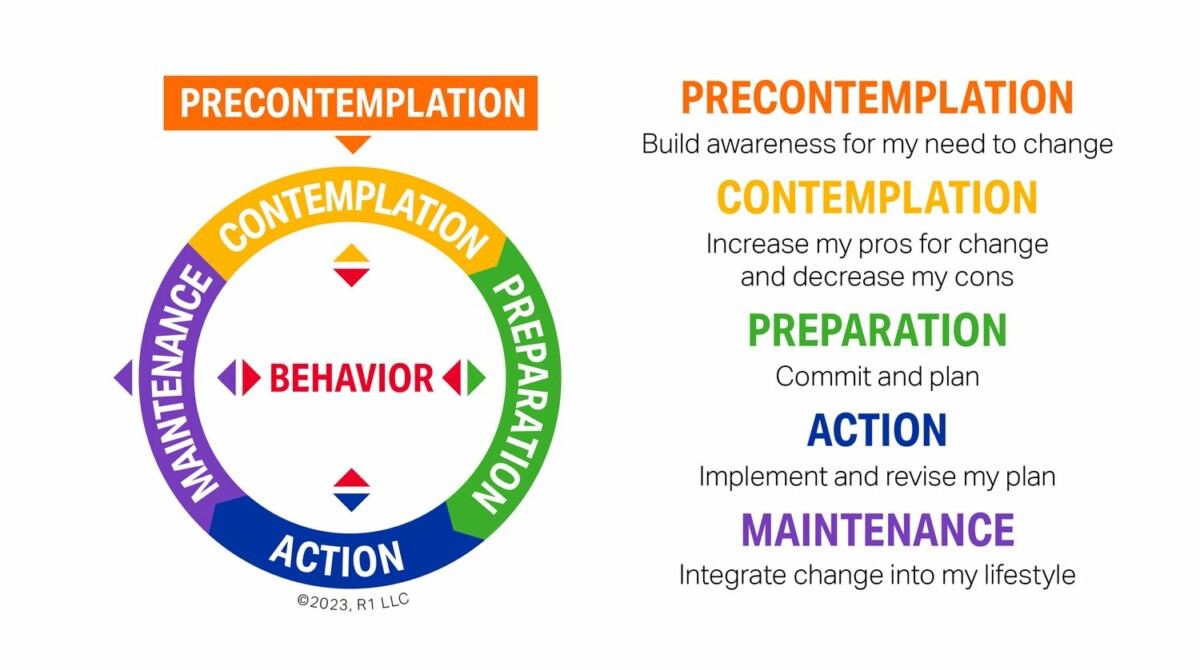The discovery of insulin occurred 100 years ago. As the world commemorates the anniversary of this life-saving medication, it’s hard to imagine living with the limited treatment options prior to its development. Advancements in insulin delivery have been continual; there has been a progression from animal-based products to less allergenic biosynthetic formulations, from limited durations (short-, intermediate- and long-acting) to fast-acting and ultra-long choices that better imitate the body’s production and improved methods of administration (e.g. pens, pumps).
Similar to insulin development, pharmacy professionals have also progressed; there has been significant growth from the days of simply supplying insulin to now being active key members of a patient’s healthcare team. Pharmacy professionals assist in managing blood sugars, instruction on how to use new devices, and recommendations on dosing and timing of medications. Although insulin development has helped to improve the lives of many, patients with diabetes are at an increased risk of contracting infections such as COVID-19. It’s important pharmacy professionals recognize the collective impact they have on patient care and the broader health system, especially during the COVID-19 pandemic.
Although insulin development has helped to improve the lives of many, patients with diabetes are at an increased risk of contracting infections such as COVID-19.
It’s well recognized that those affected with diabetes are at a higher risk of comorbid complications such as cardiovascular disease, kidney disease, neuropathy, and infections. Also, early data on the incidence of case fatality rates with COVID-19 showed that patients with diabetes had the second-highest fatality rates, second to those with cardiovascular disease.[i] Until vaccination becomes widespread and complete, pharmacy professionals need to maintain vigilance in counselling high-risk patients to boost the prevention of COVID-19.

Here are some tips to help provide patient support and manage diabetes patient care during the COVID-19 pandemic:
- Continue to encourage patients to follow the recommendations to prevent the spread of COVID-19 (wearing masks, washing hands, social distancing) including minimizing or avoiding time spent in your pharmacy. This can be done by offering medication delivery if possible.
- Emphasize that regular follow-ups, particularly in those patients with unstable blood sugars, are still important, even if not done in person. Strive to find a mode of communication (e.g. phone, email, video calls, etc.) that suits each patient’s comfort levels and capabilities. Video platforms can be especially useful when demonstrating the use of newer devices or when problem-solving concerns arise. Virtual messaging may also allow more in-depth queries that might not otherwise be covered in a short counter interaction.
- During check-ins, acknowledge that isolating at home is tough on one’s mental health, don’t be afraid to ask how the patient is doing. Simple recognition of these feelings can remove the stigma and worry associated with the anxiety or fears they may be experiencing. Emphasize exercise; even mild forms can be twice as beneficial for patients with diabetes as it can boost mood but also lower blood sugars.
- Developing specific contingency plans for emergency scenarios can be reassuring for patients, especially when access to their doctors’ office may be limited. For example, developing a “Sick Day Medication” list for situations where they may be unable to maintain fluid intake and need to know which medications to hold. Similarly, having a supply of glucose tablets or ketone urine sticks on hand for emergency situations can provide peace of mind. Helping the patient to be prepared ahead of time can reduce stress and potentially improve outcomes.
- Stay up-to-date on topics, both diabetes-related and otherwise, that are especially relevant to patients during this time. For example,
- Schedules and lifestyles have changed in the majority of people, leading to increased snacking and decreased exercise, both of which can wreak havoc with blood sugars. Being familiar with how to titrate diabetic medications, especially different forms of insulins, is essential. Diabetes Canada provides guidelines that can help.[ii]
- Early in the pandemic, several medications (e.g., ACEIs, ARBs, etc.) were thought to be associated with poorer outcomes with COVID-19, which raised concerns amongst patients. Knowing the facts can alleviate patient fears and prevent unnecessary interruptions of medications.
- Information about the COVID-19 vaccinations, specifically availability, eligibility and recommendations, is constantly changing. Inform patients of current information applicable to your area. If administering COVID-19 vaccines at your pharmacy, reach out to high-risk patients to ensure they are aware, and perhaps schedule these patients at a time that the pharmacy will be less frequented.
- Keep track of current medication shortages and potential substitutions as it can save time when faced with refilling unavailable products.[iii]
- Save useful resources such as websites, emails, podcasts, etc. that can be valuable for patients as well as yourself.
If the past 100 years of insulin development have taught us anything, it is that pharmacy professionals can contribute to expanding the boundaries of diabetes management.
Over the last year, pharmacy professionals have had to adapt their practices considerably due to the pandemic. Through the encouragement of healthy lifestyle choices, virtual and in-person counselling, and practice application pharmacy professionals can contribute to the overall optimization of diabetes and aid in minimizing concerns regarding COVID-19.


Joanne Deshpande, BSc Phm, RPh
Joanne has diversified her pharmacy background by working in industry, hospital, retail and drug information. She currently divides her time between doing medical writing for the Ontario Pharmacists Association and working at an independent clinic pharmacy in Toronto.
Additional Resources
OPA will be highlighting 100 years of insulin from April through June in partnership with BD and Ascensia Diabetes Care. To discover more about the momentous discovery of insulin, pharmacy’s role in diabetes patient care, and additional resources visit opatoday.com/100yearsofinsulin/.
References:
[i] Novel Coronavirus Pneumonia Emergency Response Epidemiology Team. Vital surveillances: the epidemiological characteristics of an outbreak of 2019 novel coronavirus diseases (COVID-19) – China. China-CDC Weekly. Published online at OurWorldInData.org. Accessed 2021 March 4 from: https://ourworldindata.org/mortality-risk-covid?country=~CAN#case-fatality-rate-of-covid-19-by-preexisting-health-conditions.[ii] Diabetes Canada. 2018 Guidelines Appendices. http://guidelines.diabetes.ca/appendices Accessed 2021 March 4.[iii] Drug Shortages Canada. https://www.drugshortagescanada.ca/ Accessed 2021 March 4.



